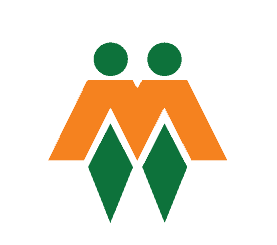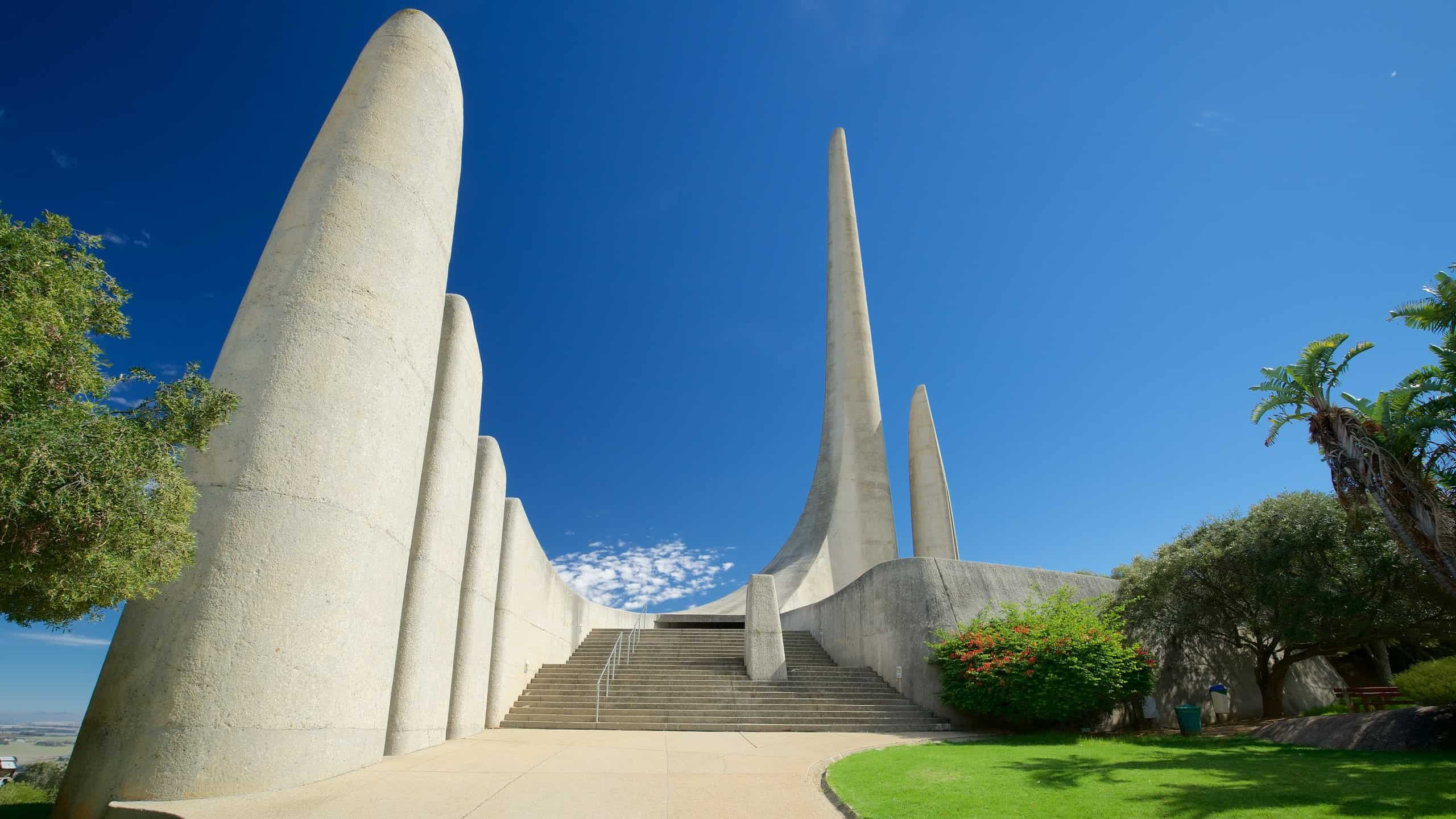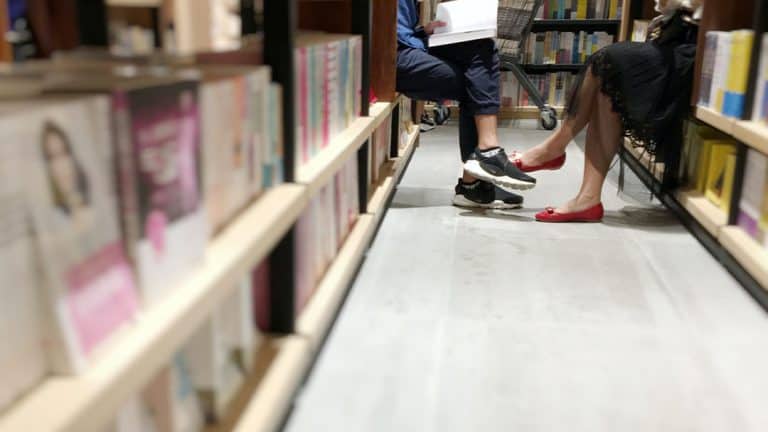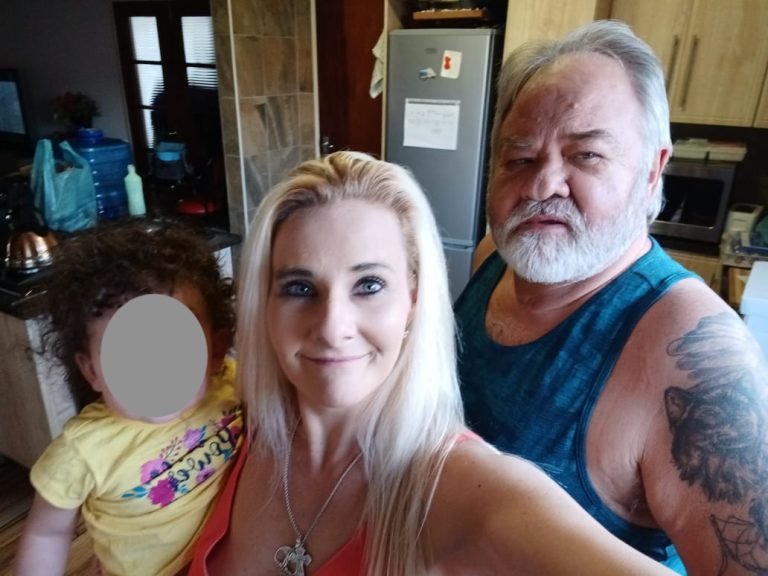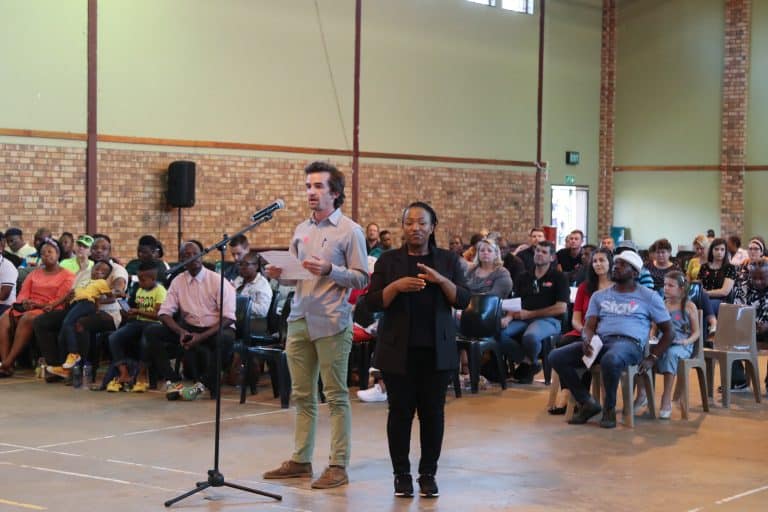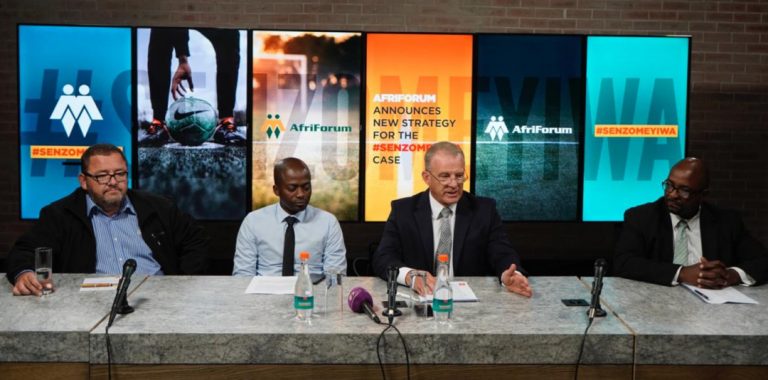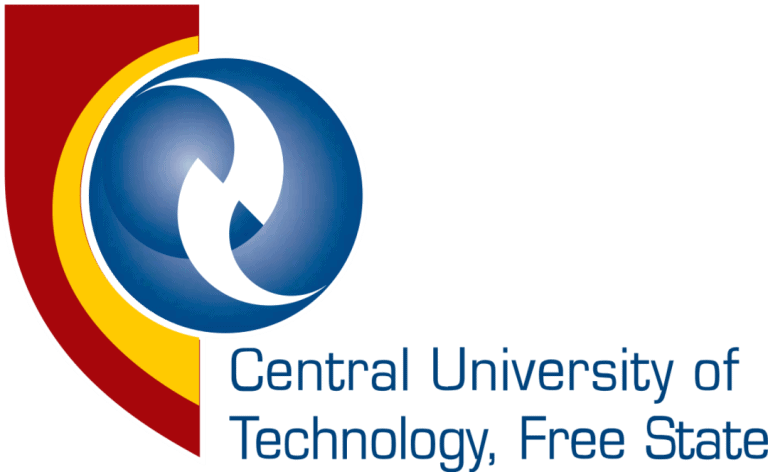AfriForum takes a formal stand against the name change of the Afrikaans Language Monument and Museum
On Saturday, 28 May 2022, AfriForum attended the public consultation session of the council of the Afrikaans Language Monument and Museum in Paarl. During the meeting the Chairman of the council, Adv. Jean Meiring, asked the audience and the general public to send their written submissions to the council. AfriForum’s submission was therefore sent to him and the Director, Michael Jonas, on 31 May 2022. It reads:
Dear Adv. Meiring and Mr Jonas
Herewith please find AfriForum’s input regarding Minister Nathi Mthethwa’s proposed name change of the Afrikaans Language Museum and Monument, as requested during the public consultation session of 28 May 2022 in Paarl.
On behalf of the 302 088 members of AfriForum (membership at 09:59 this morning) we strongly object to any name change of the institution.
The current name is accurate and we find no element of either polarisation or exclusivity in it, nor in the current actions of the management of the institution. On the contrary, we want to compliment the council and staff for the way in which they ensure that all visitors to the museum, monument, website and social media are made to feel welcome and included.
A language with the unique history of Afrikaans, with roots in three continents, from the outset having mother-language speakers of all races and achieving high-function status in the twentieth century (one of only four languages in the world to do so), deserves to be celebrated and to inspire. Even from the unexpected angle of Mahmood Mamdani, this uniqueness was recognised during the TB Davie Memorial Lecture at the University of Cape Town in 2017. A report of Daily Maverick states:
African languages have remained “folkloric”, Mamdani said: not the bearer of a scientific or scholarly tradition. But there is one noteworthy exception on the African continent: that of Afrikaans.
“It is no exaggeration to say that Afrikaans represents the most successful decolonising initiative on the African continent,” Mamdani said, to murmurs of interest from the audience. He pointed out that it took just half a century of a “vast affirmative action programme” for Afrikaans to be lifted from the status of other African languages to be the bearer of an intellectual tradition.
“The great irony is that [this success story] was not emulated by the government of independent South Africa,” says Mamdani, with reference to other indigenous South African languages.
The long-term ideal would be that all of our indigenous languages would be equally highly developed, used and appreciated. However, trying to achieve this by diluting recognition of one language, denying the symbolism of one community’s memorialisation and eradicating the specific focus of a heritage beacon is an act of division and disrespect. The removal of the focus on Afrikaans in the name and content of the museum and monument will be nothing less than an act of damnatio memoriae directed at a community. Action of this nature has no place in our time where the conservation of unique heritage resources of all cultural communities is recognised and cherished as an international right and responsibility ‒ see, for example, arguments presented and the ruling made in this regard during the International Criminal Court case of 2016 [https://www.icc-cpi.int/mali/al-mahdi].
In addition we express our concern about proposed legislation to combine the institution with others in order to create a single flagship museum. The risk is that it could merge into an amorphous institution that loses focus and specialisation.
The current ministerial interference in the ethos of the institution creates the impression that he wants to use it as an instrument by means of which the Afrikaans-speaking community’s role in the development of the country can be invalidated. This is in stark contrast to the preamble of the South African Constitution in which we declare:
We, the people of South Africa,
Recognise the injustices of our past;
Honour those who suffered for justice and freedom in our land;
Respect those who have worked to build and develop our country; and
Believe that South Africa belongs to all who live in it, united in our diversity.
As a solution to the unnecessary controversy, we propose that the diverse representatives of the Afrikaans-speaking community come together, compile an alternative management model for the Afrikaans Language Museum and Monument, and that the Minister then uses his right to transfer ownership of the institution to such a sustainable community-driven alternative.
AfriForum would appreciate the opportunity to play a constructive role in negotiations of this nature.
On 18 May 2022, AfriForum also requested a meeting with Mthethwa on the matter. Receipt of the letter was acknowledged, but no further feedback has been received yet.

